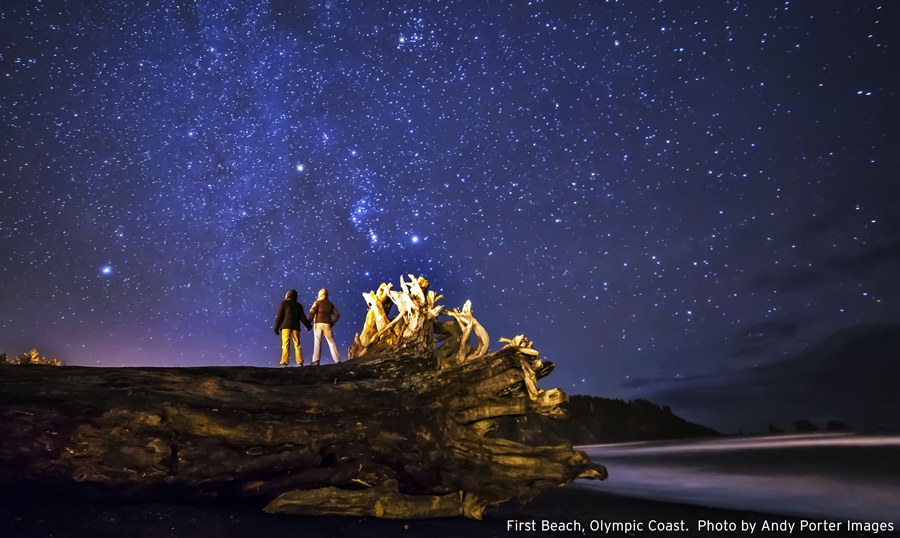
It’s a wonderful concept, coming down to us through Middle English, Old English, Old French and Latin; unus, or ‘one.’
But where do we find unity today? Where do we find places or concepts that bring us together; that unite?
Now disunity, that’s easy to spot.
We can look around this country and find explosions of disunity.
In our current political climate, we turn on the news and hear presidential candidates preaching the antithesis of unity. We’re told about who is in power and who isn’t. Candidates create a bi-furcated world of ‘them and us’; of what they’ve taken and what we’re going to take back.
Of course that explanation leaves a lot of people without around the globe. It’s a world of conflict, gain and loss, winners and losers. A lot like our world here and now to be sure.
So where do I turn to find this living concept — unity?
Well you know where I’m heading, of course — out on the trail, up a hillside, into a field.
Unity flourishes in nature. When our footsteps mark the beach, we’re engulfed in our surroundings, in what the psychologist Roman Rolland called ‘the oceanic feeling,’ the innate sense of limitlessness and oneness. It’s a primitive part of our psyche, perhaps not highly valued in our on-the-go-go-go-for-dollars culture, but easily tapped.
It engulfs us on a mountaintop at night, when the entire twinkling vastness of the universe holds us. It’s the connection between a dragonfly on a pond and a young child’s joyous cry at spotting it. This unity is in the squirrel chattering from the tree and the dog running around the tree trunk and you trying to untangle its leash.
This unity comes from something innate. A shared sense of joy, of humor that, at the core, is hope.
I was going to stay far from our modern society in my search to understand unity — far from the wall-builders and exhorters, the alpha dogs and their ravenous packs.
I would have stayed by the babbling brook to find my connectedness.
But I had a bit of a revelation about the intrinsic nature of unity while writing this piece.
I was on my bike. I got hit by a car. Bones were broken, much blood was spilled.
Damage was done but something grand became visible.
How remarkable to experience all these strangers holding me, comforting me, wiping the blood from my eyes and my shattered nose there on a gritty city street.
How incredible that we as a people decided that we would build a system where citizens, cops, EMTs, and hospitals would serve those who get crushed and broken. Together we decided that those in need would be cared for and healed. It’s not a perfect system of course, but the ideal is glorious.
Now when I hear the trumpet calls of greed and selfishness — of disunity, I will hold hope close. We’re individuals surrounded by other individuals who together put the resources of the nation behind helping at a moment of terrible crisis. There but for the grace of God, we think, thankful for our unity.
Steve Scher teaches classes in the communications department at the University of Washington. Prior to his teaching career, he was a long-time public radio host on KUOW in Seattle and has interviewed countless individuals over the past three decades.
 Steven Scher
Steven Scher